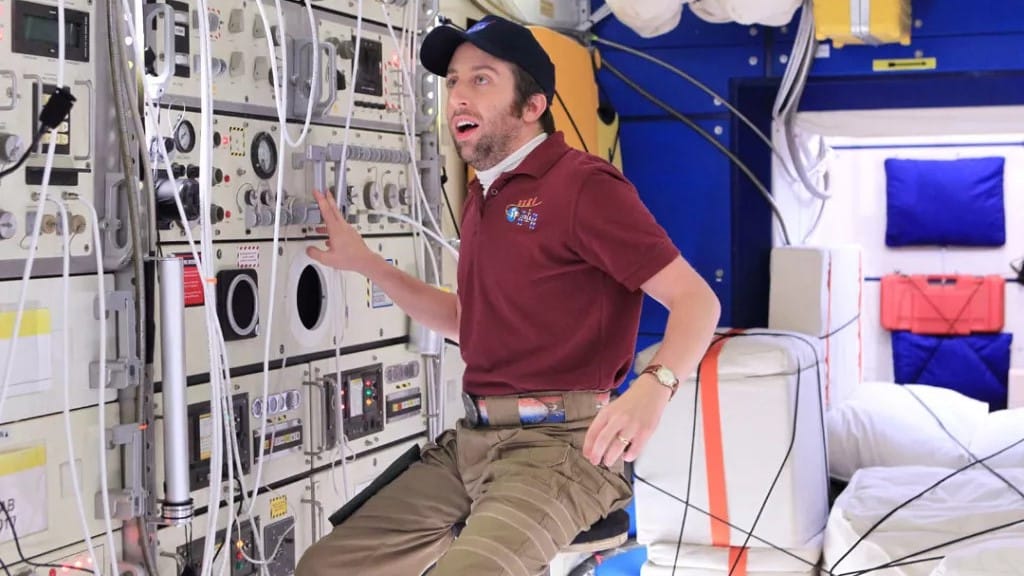Howard Decides on Space in The Big Bang Theory
This week’s episode of The Big Bang Theory on E4 features Howard deciding on space travel, alongside developments in Amy and Sheldon's relationship.

A TV episode and a reality show alongside a new interactive product offer an extraordinary blend of media and marketing. This week’s episode of “The Big Bang Theory” to be aired on E4 will see Howard decide on whether to go into space or not. Meanwhile, Amy will be trying to raise the bar of her relationship with Sheldon, while Leonard proposes to Penny by accident. This forthcoming about the exploits and relationships of nerds stays in the tradition of the show, making a valuable point about the characters’ ability to make decisions and develop personally.
At the same time, the real-life drama represented in “Celebs Go Dating” invited perusers to discuss whether Lauryn Goodman would eventually appear in the reality show or not. The drama that followed the tragic results of her legal fight for justice was enough to put her before the curious audience, but she promised to appear on air only by the middle of the show. The pattern of reality television is unpredictable by its definition, as it seeks to replicate the problems of real life and the ups and downs of human relationships.
Finally, the realm of high technologies and rare products offers a rare example of a collision between marketing and an interactive purchase opportunity. TAG Heuer and Red Bull Racing’s new device, the Connected Calibre E4 45MM x Oracle Red Bull Racing Edition, seamlessly combines technology with sports. Not just a wristwatch, the device is a token of both high technology and motorsport given its watch faces and straps reflecting the teams’ colors. The success of the product is undoubtedly driven by opportunities it offers to its buyers – the sport and the watch in one.
All these media and products for almost nothing and at no time to get buried underneath history, so people discuss the fate of these TV shows, reality shows, and media products. While being generated for the sake of entertainment or consumerism, they shape both. What is more important, they shape consumerism, suggesting new ways of making decisions and new assets to assess. Both television and especially reality shows encourage people to be a part of shows, stay with celebrities, and use these gadgets in the hope that they will become more similar to the people they admire.





